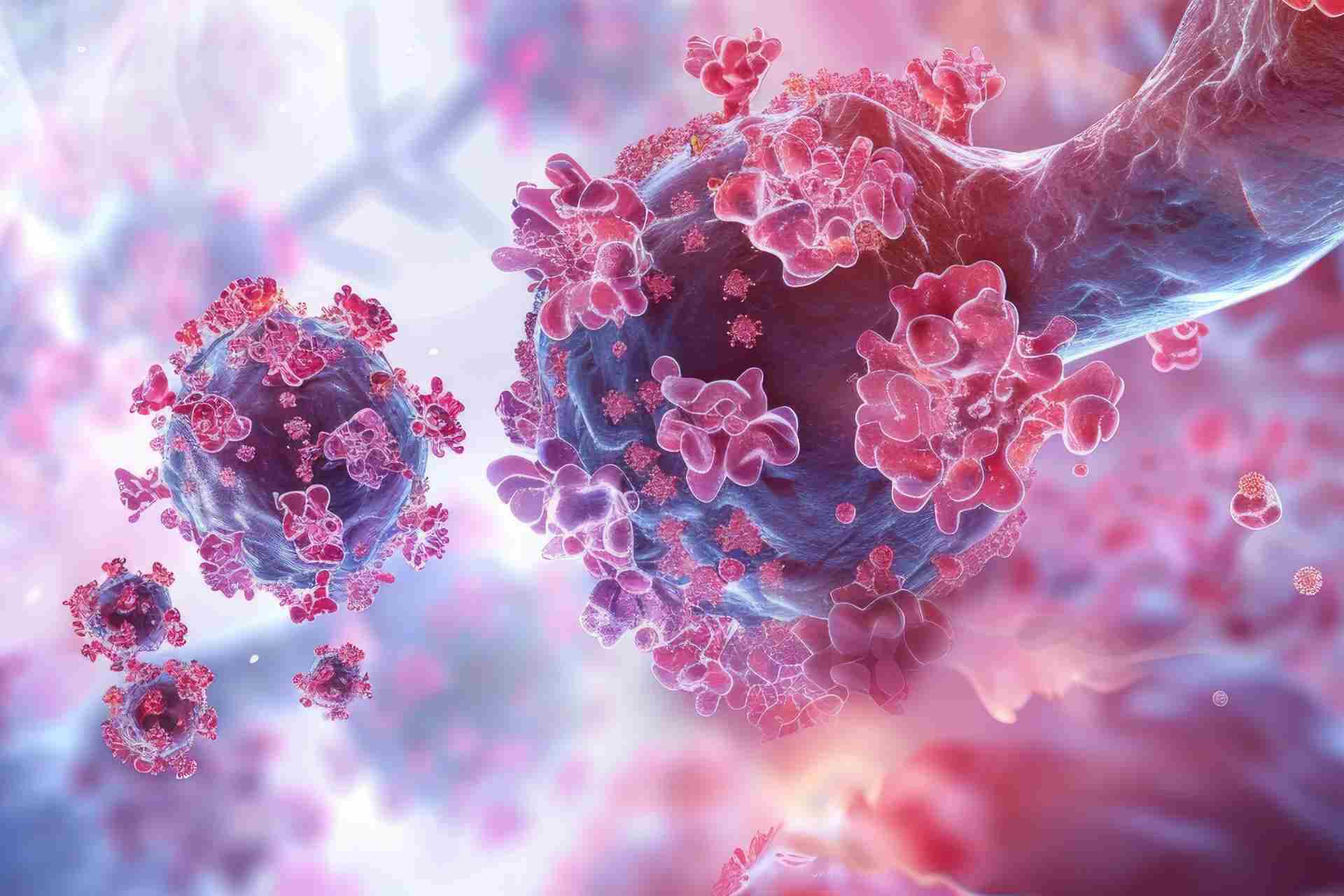In a major development for cancer immunotherapy, Microbio Co., Ltd. (4128) has announced groundbreaking results from an exploratory clinical trial examining its microbiome-derived postbiotic, MS-20, in combination with Keytruda (pembrolizumab) for patients with advanced non-small cell lung cancer (NSCLC).
The study revealed that MS-20 dramatically improved treatment outcomes, tripling the objective response rate (ORR) to 75% when combined with Keytruda compared to Keytruda alone, which achieved an ORR of just 25%. Additionally, the median progression-free survival (PFS) for patients in the MS-20-Keytruda group extended from 4.5 months to over 12 months, with an impressive 12.5% of patients achieving a complete response (CR).
Redefining cancer immunotherapy with MS-20
MS-20 is a microbiome-based postbiotic developed by Microbio to enhance cancer immunotherapy by modulating the gut microbiome. According to Dr. Wan-Jiun Chen, Executive Vice President of Research & Development at Microbio, the trial results validate MS-20’s role as a potential game-changer in cancer treatment.
“These findings highlight MS-20’s ability to reshape the gut microbiome and significantly boost the efficacy of immunotherapy with Keytruda,” Dr. Chen stated. “With hundreds of trials exploring novel ways to improve cancer immunotherapy outcomes, our results offer strong support for MS-20 as a promising adjunct therapy.”
Clinical trial insights
The randomized, double-blind, placebo-controlled trial involved 15 patients, with data from 12 patients analyzed under the modified intent-to-treat (mITT) population (ClinicalTrials.gov ID: NCT04909034). Of the 8 patients receiving MS-20 alongside Keytruda, 6 patients (75%) responded positively, including 1 patient with an ongoing complete response lasting more than 22 months and 5 patients showing partial responses.
In contrast, among the 4 patients who received a placebo alongside Keytruda, only 1 patient showed a partial response, resulting in a markedly lower ORR of 25%. The median progression-free survival further underscored MS-20’s impact, exceeding 12 months in the treatment group versus 4.5 months in the placebo group.
Scientific mechanism and future prospects
The promising clinical results align with earlier preclinical findings published in Gut Microbes, which demonstrated that MS-20 enhances immune responses by increasing effector CD8 T cells in the tumor microenvironment—a critical factor in fighting cancer.
Microbio aims to leverage these results to pursue global partnerships and expand its microbiome-based immunotherapy platform. “Our focus now is to collaborate with key players to advance the development and accessibility of MS-20, with the goal of improving cancer outcomes worldwide,” added Dr. Chen.
What Is MS-20?
Developed through Microbio’s proprietary Symbiota™ fermentation technology, MS-20 is a postbiotic produced using multi-strain probiotics under anaerobic conditions. Clinically, it has shown potential not only in alleviating chemotherapy side effects but also in enhancing the effectiveness of immunotherapy. Earlier this year, MS-20 obtained self-affirmed GRAS status in the U.S., making it available for use in medical nutrition products, functional foods, and beverages.









